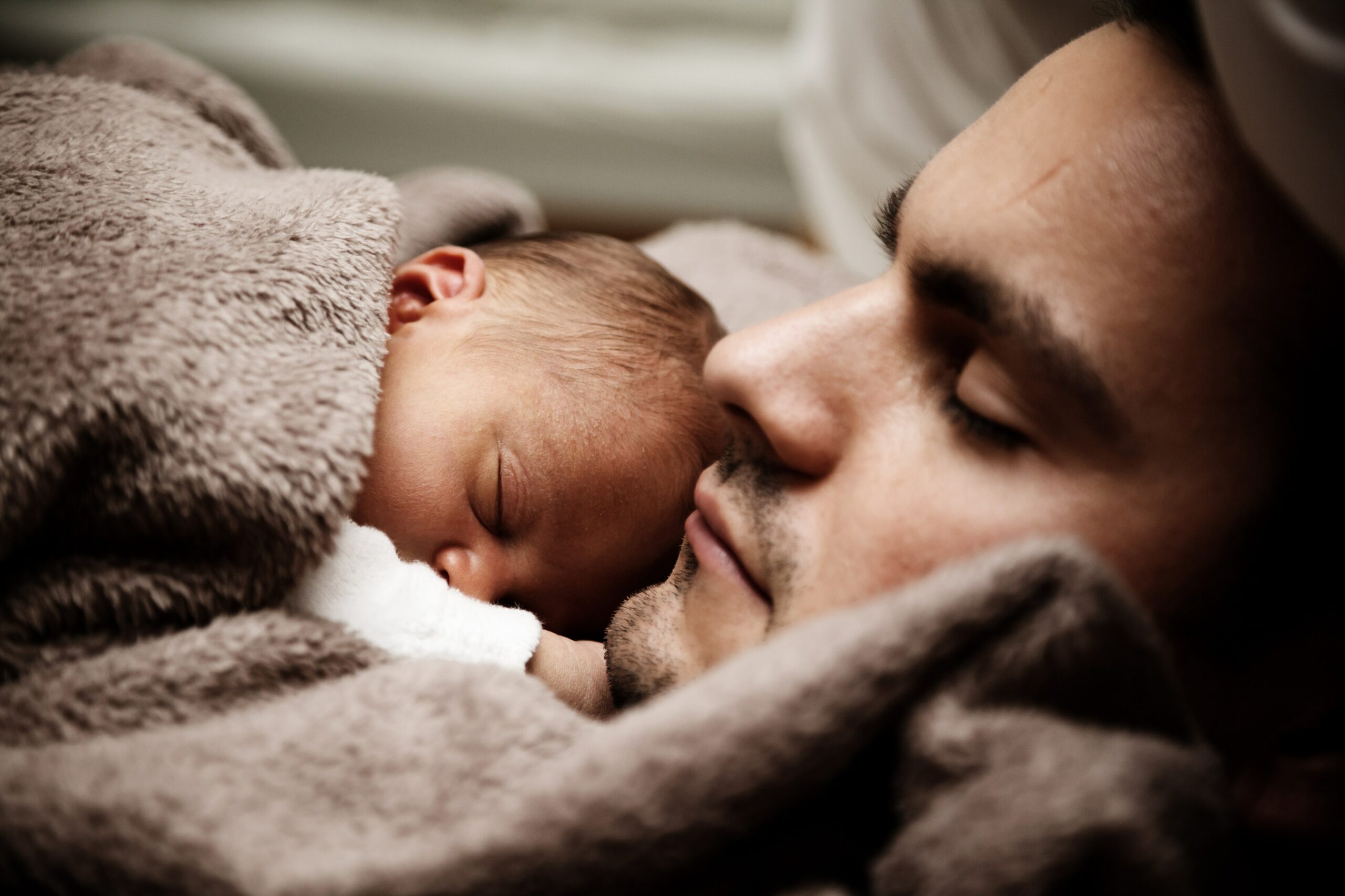Regulated by Civil Code ("Občanský zákoník") No. 89/2012, § 794–845.

Any adult person who is mature enough to provide continuous care of a child and ensure their proper upbringing and all-round health, psychological and social development can become an adoptive parent.

Adoption is not possible between persons related in the direct line and between siblings. This restriction does not apply in the case of surrogacy. (Therefore, neither child's grandmother nor adult sister can adopt the child, but an aunt or an uncle could adopt the child. However, it is always up to the court's individual assessment whether adoption in a given case would be in the best interests of the child.)
The Act on Social-Legal Protection of Children ("Zákon o sociálně-právní ochraně dětí") No. 359/1999 states in § 20 that the aplication for (domestic or intercountry) adoption or foster care in the Czech Republic can be submitted by either “a citizen of the Czech Republic, or a foreigner who is entitled to social benefits from directly applicable European Union legislation (EU Regulation No. 492/2011 on freedom of movement for workers within the Union), or who has been granted permanent residence in the Czech Republic, or who has been temporarily residing in the Czech Republic continuously for at least 365 days (according to the Act No. 326/1999 Coll., on the Residence of Foreigners in the Territory of the Czech Republic)”.
Regulated by the Act on Social-Legal Protection of Children ("Zákon o sociálně-právní ochraně dětí") No. 359/1999.
The term intercountry adoption refers to the adoption of a child to or from a foreign country. If it is not possible to find a replacement family for the child in the country of origin, intercountry adoption is a possible solution.
Intercountry adoption is regulated, among other things, by the Hague Adoption Convention. The convention mandates the signatory states to designate one central authority on their territory, which will be responsible for the adoption of children to and from abroad. In our country, this service is performed by the Office for International Legal Protection of Children in Brno. In regards to certain guarantees in the process of mediating intercountry adoption, the Office cooperates only with countries that have ratified the the Hague Adoption Convention.
In order to mediate intercountry adoption, the decisive factor is not the applicant's citizenship or permanent residence, but the so-called "usual residence of the applicant", i.e. where the applicant actually lives, where they have the background, where they work, etc. Intercountry adoption will also be considered in the event that e.g. a Czech citizen living abroad will want to mediate the adoption of a child from the Czech Republic.
For more information, please contact the Office for International Legal Protection of Children.
To find out more about the process of intercountry adoption of a child from Czech republic, see this Methodological Recommendations Regarding the Facilitation of Intercountry Adoption.
© All images were used from the platform Pexels.com and archives of the Adotion and Foster Care Center.